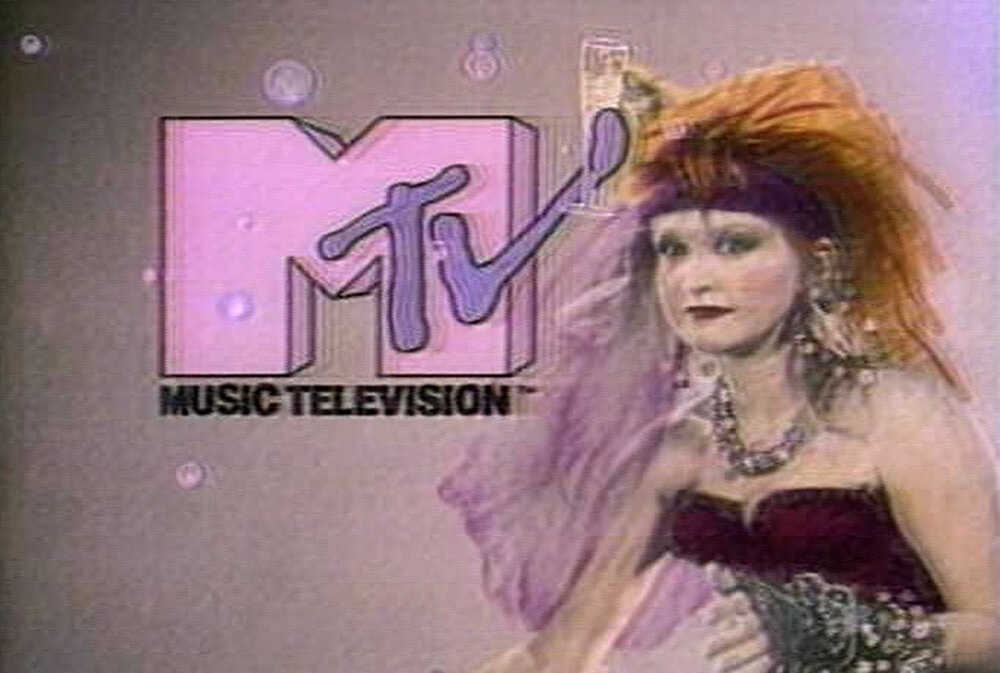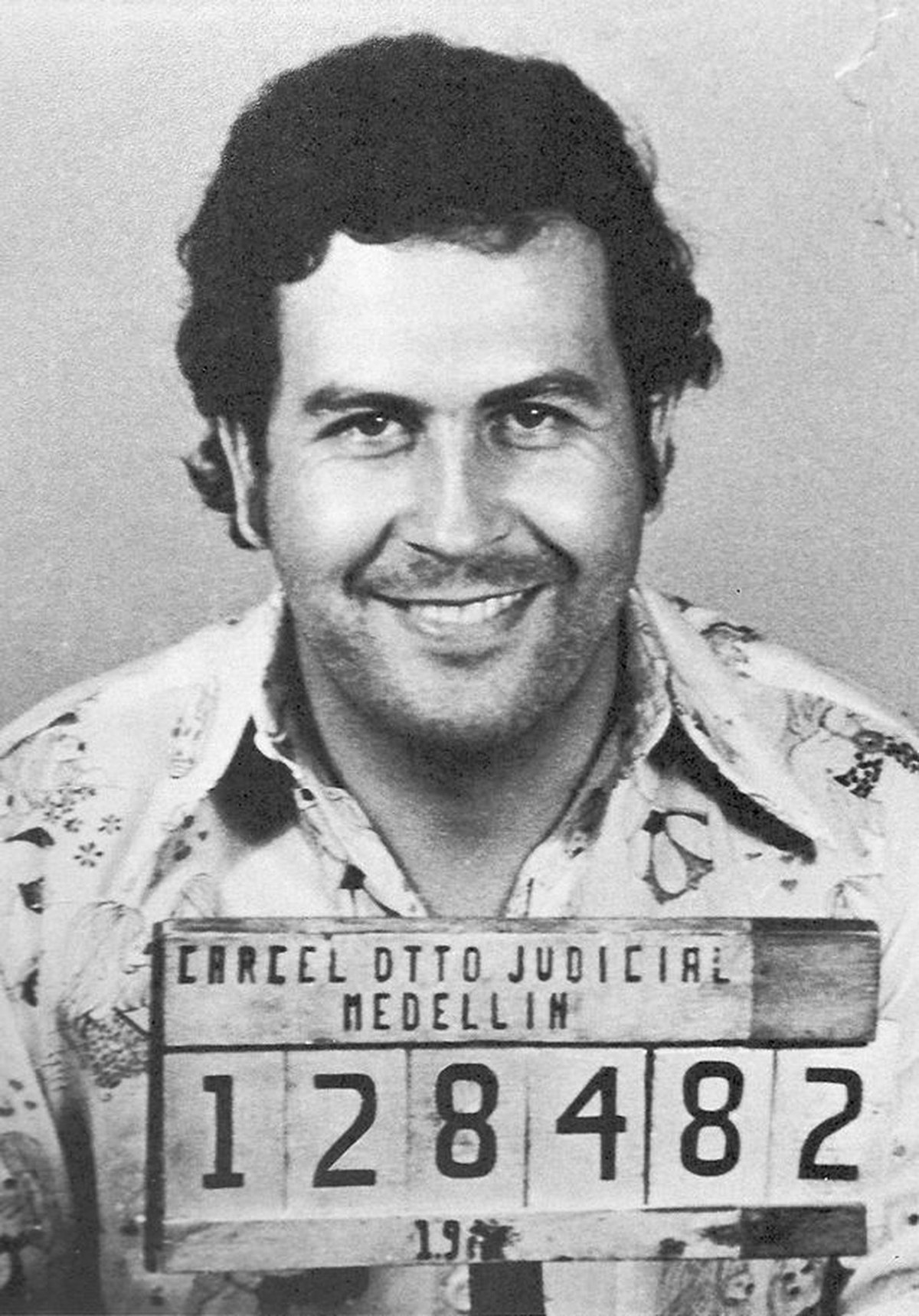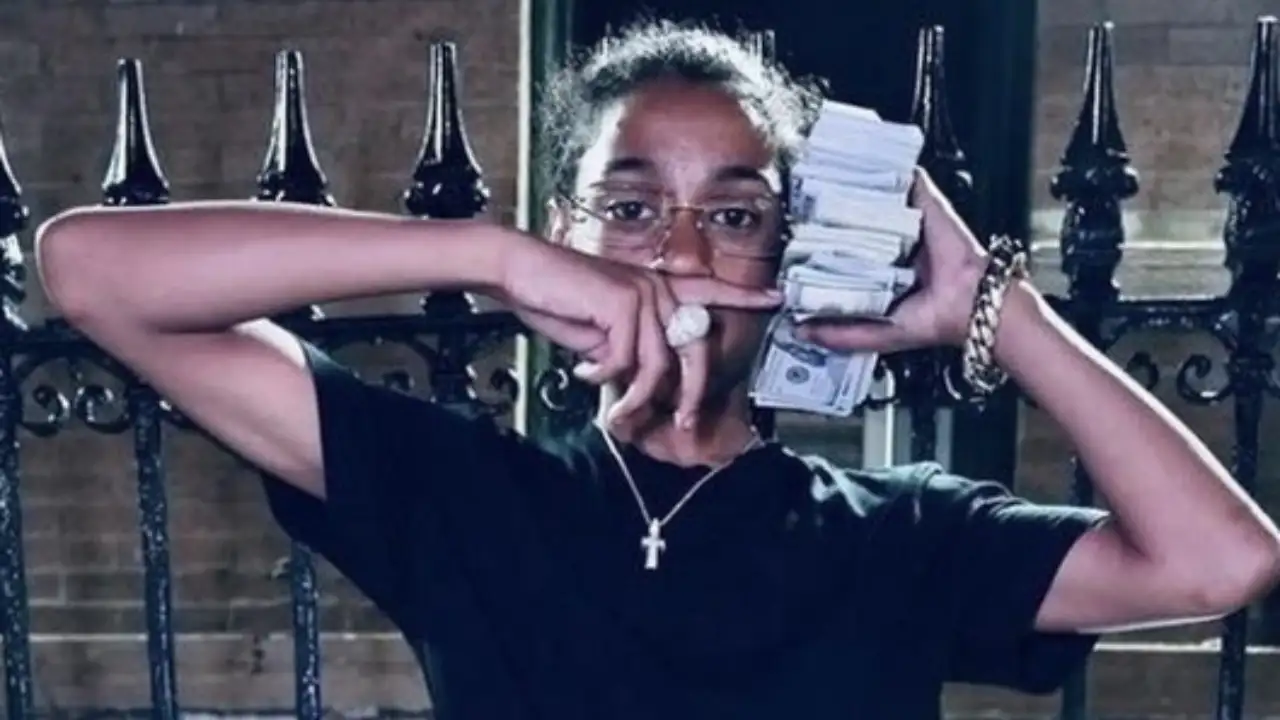MTV underwent a shift in its writing style, becoming more blog-friendly, in recent years. This change can be attributed to the rise of online media and the need to cater to a digital audience. The exact year of this transition is not specified, but it happened gradually over time. MTV started adopting a more casual and conversational tone, breaking away from traditional journalistic styles. The aim was to connect with readers on a personal level and engage them in a more informal manner. This alteration in writing style allowed bloggers to easily reference and incorporate MTV content into their own blogs, adding a sense of relatability and authenticity to their posts. The change was primarily driven by the evolving landscape of digital media consumption and the desire to keep up with the shifting preferences of online readers.
More About : When Did Mtv Start
Introduction (approx. 100 words):
MTV, the abbreviation for Music Television, is a renowned cable television network that has revolutionized the music and entertainment industry. It began its broadcast on August 1, 1981. This groundbreaking channel, initially dedicated solely to music videos, quickly gained immense popularity and became a cultural phenomenon. MTV’s impact on youth culture, fashion trends, and the way music was consumed and promoted was unparalleled. This article will delve into the history and significance of MTV, exploring its early days, notable achievements, and its evolution into an influential platform for artists and viewers alike.
1. Birth of a Music Revolution (approx. 150 words):
August 1, 1981, marked the beginning of MTV’s endeavor to bring music videos directly into people’s homes. The first music video ever aired was The Buggles’ “Video Killed the Radio Star,” an iconic track that symbolized the changing landscape of music consumption. This momentous launch set the stage for an unforgettable journey that soon captured the imagination of millions. MTV’s creators, Robert Pittman and Warner-Amex Satellite Entertainment, recognized the rising popularity of music videos and astutely identified the opportunity to introduce a dedicated 24-hour music video channel.
2. The Rise to Cultural Dominance (approx. 150 words):
MTV quickly became a cultural powerhouse, heavily influencing youth culture and reshaping the music industry. The channel’s popularity soared as it curated an array of music videos, inviting viewers to witness their favorite artists’ performances and discover new ones. MTV became synonymous with trends, fashion, and a distinct visual style that artists embraced to captivate larger audiences. Through programs like “Yo! MTV Raps,” “Headbanger’s Ball,” and “120 Minutes,” MTV catered to various musical genres, diversifying its programming and broadening its appeal. This cultural dominance cemented MTV’s position as a leading tastemaker in the entertainment industry.
3. Expanding Horizons: Beyond Music Videos (approx. 150 words):
Recognizing the need to evolve with changing times, MTV began diversifying its content in the late 1980s. The addition of original programming like “The Real World,” “Beavis and Butt-Head,” and “Total Request Live” paved the way for reality shows, animated series, and interactive music countdowns, respectively. This strategic expansion successfully attracted a broader audience and allowed MTV to maintain its relevance in an ever-evolving media landscape.
4. Digitizing MTV: Online Presence and Mobile Apps (approx. 150 words):
To stay current with technological advancements and the shift towards digital platforms, MTV embraced the internet era. The network launched its website in 1996, offering music news, exclusive content, and interactive features. As smartphones gained popularity, MTV developed mobile apps to provide on-the-go access to their rich content library. This digital transformation equipped MTV to connect with viewers globally while adapting to the changing media consumption habits of the new generation.
Conclusion (approx. 50 words):
MTV’s inception in 1981 revolutionized the music industry and pop culture at large. Its early dedication to music videos created a new form of artistic expression and influenced the way music was consumed. Despite the evolving media landscape, MTV continuously adapted, expanding into original programming and the digital realm, solidifying its status as a timeless cultural force.
FAQs on When Did Mtv Start
Q: When did MTV start?
A: MTV (Music Television) was launched on August 1, 1981.
Q: What was the purpose of MTV when it first started?
A: The purpose of MTV was to air music videos and promote emerging musicians and their songs.
Q: Is MTV still on the air?
A: Yes, MTV is still broadcasting today, although its focus has shifted significantly from solely music videos to reality shows and other programming.
Q: How did MTV revolutionize the music industry?
A: MTV revolutionized the music industry by creating a visual medium for music, giving artists a new platform for self-expression and increasing their exposure.
Q: Who was the first music video played on MTV?
A: The first music video played on MTV was “Video Killed the Radio Star” by The Buggles.
Q: Was MTV available nationwide when it first launched?
A: No, MTV was initially only available in certain areas, specifically in parts of New Jersey, New York, and Pennsylvania.
Q: Did MTV face any initial challenges or controversies?
A: Yes, MTV faced criticism for being too focused on promoting white rock artists and neglecting Black musicians. This controversy led to the creation of shows like Yo! MTV Raps, which aimed to address the issue by showcasing more diverse music.
Q: Was MTV the first channel to broadcast music videos?
A: While MTV was the first channel entirely dedicated to music videos, various TV shows and programs had previously aired music videos sporadically.
Q: How has MTV adapted to the digital age?
A: MTV has adapted to the digital age by incorporating social media and streaming services into their programming, allowing audiences to watch shows and music videos online.
Q: Does MTV still have a significant impact on popular culture?
A: Although its influence has diminished over the years, MTV still plays a role in popular culture, especially through its reality shows and award shows like the MTV Video Music Awards.




